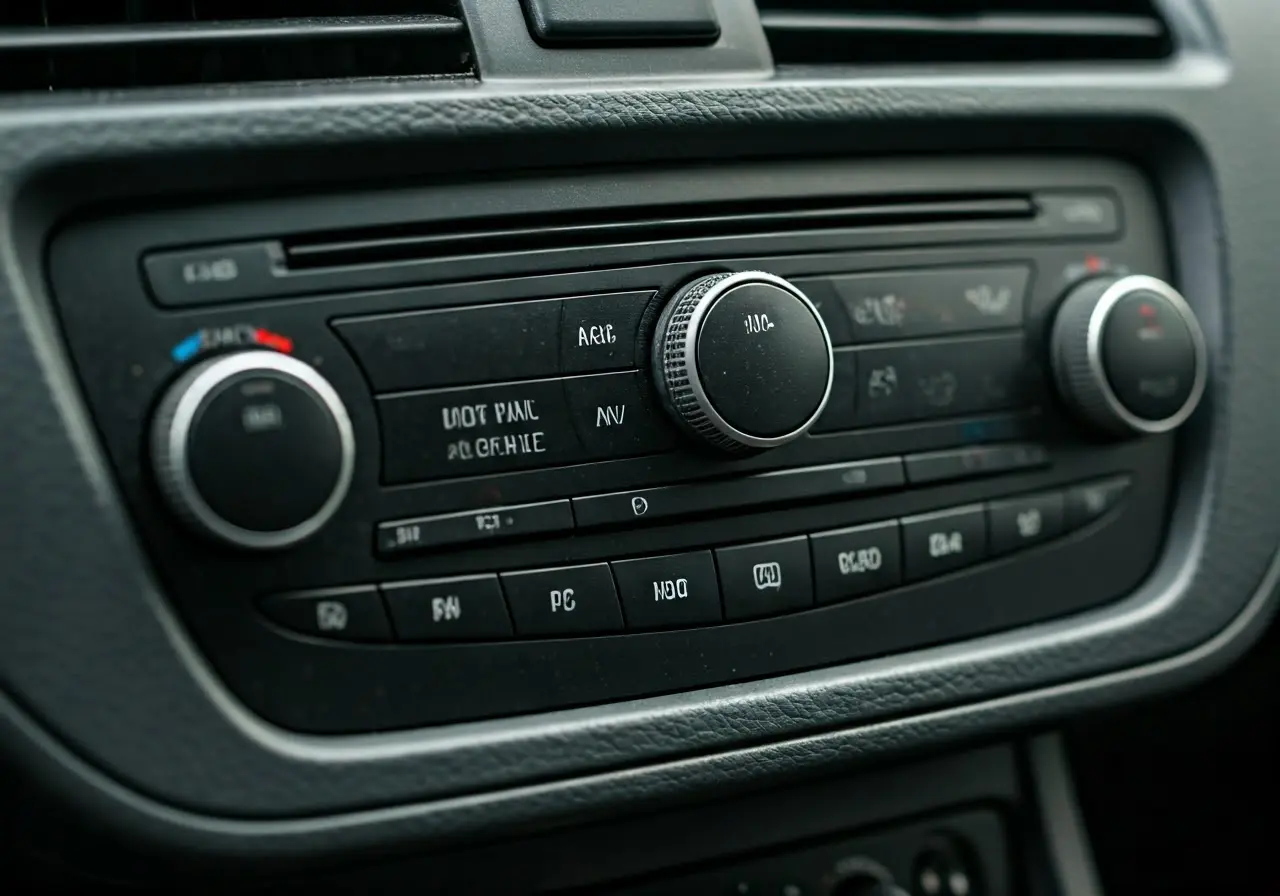Is your car’s air conditioning not performing as it used to? Whether it’s blowing warm air or making strange noises, your auto AC might need some attention. In this easy-to-read guide, we’ll walk you through the common signs that your auto AC needs repair, ensuring you’re well informed and can keep your cool on the road.
Table of Contents
Unusual Noises
If your auto AC starts making strange noises like rattling or squealing, it might be a sign that something is amiss. These noises can indicate loose parts or a failing compressor, requiring professional attention. Jiffy Lube AC service check is a great starting point for identifying these noises.
Many people often associate unusual noises with major mechanical issues, but in reality, these sounds can result from something as simple as a loose screw. However, persistent sounds should not be ignored. The longer the issue is postponed, the more severe the consequences can become.
Weak Airflow
Experiencing weak or reduced airflow? This could be a sign of a clogged filter, blocked vents, or issues with the AC blower. Addressing weak airflow promptly can prevent further damage. Regular maintenance, including replacing air filters and clearing obstructed vents, ensures airflow remains strong and efficient.
Airflow issues not only compromise comfort but can also place additional strain on the AC system. If airflow is restricted, the system works harder to push air through the vents, which can lead to increased wear and tear on components like the blower motor.
Regular checks should also focus on the AC blower, which is essential for directing air throughout the system. An underperforming blower can severely impact the overall efficiency of the vehicle’s climate control system.
Blowing Warm Air
If your AC blows warm air instead of cold, it could mean low refrigerant levels or problems with the compressor. A quick inspection can identify the cause and get your AC back to cooling efficiently. The importance of regular maintenance cannot be overstated in preventing such issues.
Warm air can also be a result of a malfunctioning thermostat or a faulty electrical connection. These issues interfere with the AC’s ability to regulate temperature correctly, leading to discomfort and inconvenience.
Consider the age of your vehicle and how frequently the air conditioning system is used. Older systems might fail due to wear over time, demanding more than just a simple refrigerant top-up to restore optimal functionality.
Foul Odor
A musty or bad smell from your vents might suggest mold or mildew growth within the system. It’s crucial to address this to ensure clean, odor-free air in your vehicle. Regular use of disinfectant sprays and upkeep of the cabin air filter can be effective measures to combat unpleasant odors.
Odors can diminish the driving experience and point to potential health risks. The presence of mold or mildew speaks to moisture issues within the system, demanding immediate attention to halt further spread and mitigate possible allergic reactions.
Leaking Fluid
Spotting any leaks or moisture buildup around your vehicle’s AC unit? This could indicate a refrigerant leak or other issues that need immediate repair to prevent further complications. It’s vital to regularly check for visible fluid on the ground or within the engine compartment as such leaks compromise the efficiency of the cooling process.
Beyond refrigerant leaks, engine coolant leaks can also affect the AC’s performance. Sometimes, these leaks are not visible and can only be detected through a drop in refrigerant or coolant levels.
By addressing such leaks promptly and thoroughly, you are investing in a robust and reliable AC system that performs optimally throughout the year, enhancing comfort and safety.
Keep Your Cool with Timely AC Repairs
Recognizing the signs that your auto AC needs repair can save you from discomfort and larger repair bills down the line. From unusual noises to decreased airflow, staying aware of these symptoms can help maintain your car’s comfort and efficiency. Regular maintenance and prompt attention to issues are key to a well-functioning AC system.
